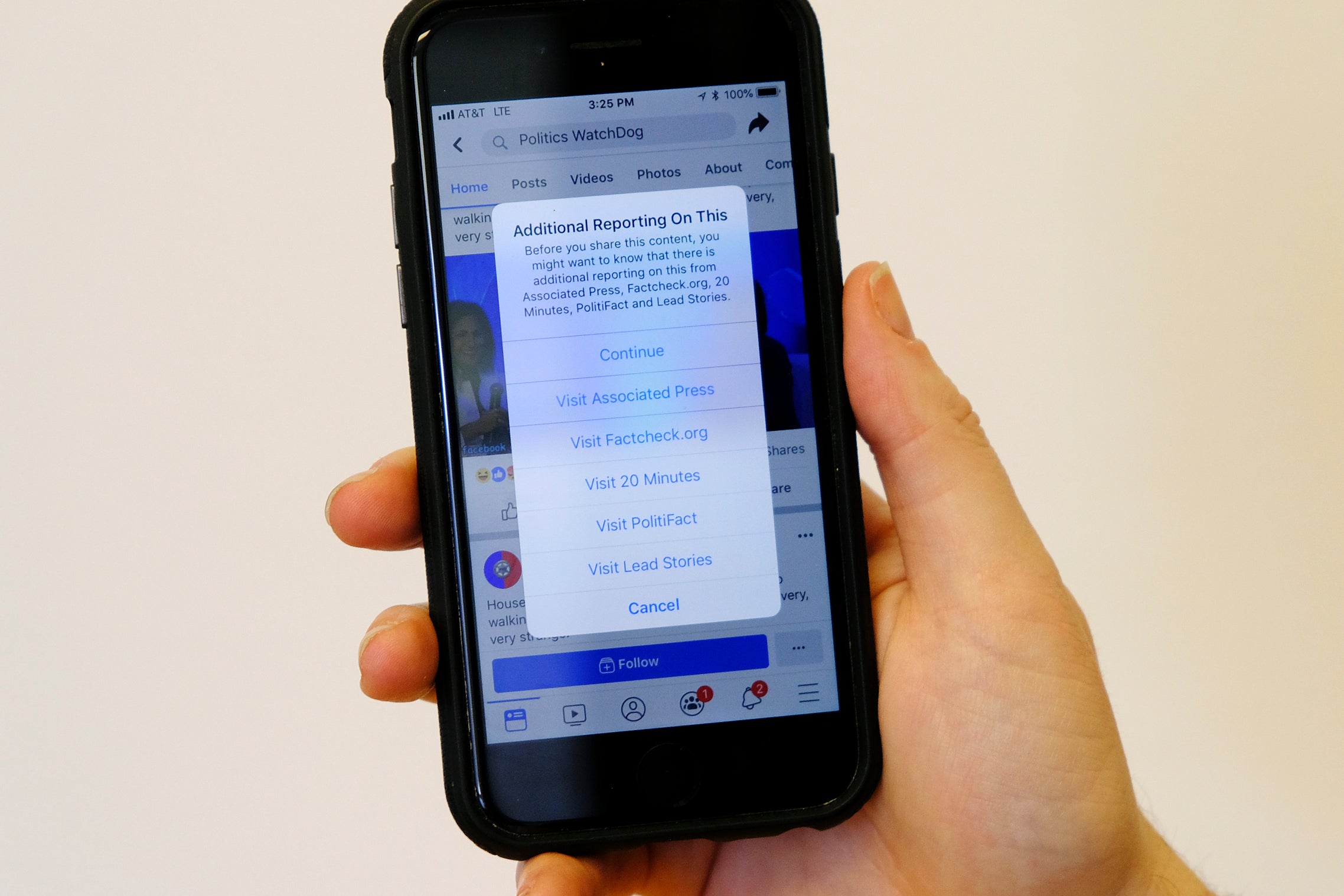When Milwaukee OB-GYN Dr. Sheldon Wasserman meets with patients, he asks them if they’ve gotten the COVID-19 vaccination.
Lately, their reasons for saying no have left him frustrated. A woman he’s known for more than 20 years told him the pandemic was a Chinese conspiracy against former President Donald Trump.
Wasserman tried to explain the vaccine is scientifically proven to be the best way to protect her and her three young children against COVID-19.
News with a little more humanity
WPR’s “Wisconsin Today” newsletter keeps you connected to the state you love without feeling overwhelmed. No paywall. No agenda. No corporate filter.
“She put her hand up and said, ‘I’ve had enough. I know I’m right, and I know you’re wrong,’ and at that moment, I knew I was not going to win,” Wasserman said. “We’re dealing with a reaction that I don’t think anyone in this country has ever seen.”
Wasserman, who is also a Milwaukee County Board supervisor, says he knows he’ll never be able to change that patient’s mind, but he hopes making more people aware of the misinformation being distributed online about COVID-19, will help.
Wasserman is asking his fellow county board members to declare health misinformation a public health crisis in Milwaukee County. The county board has done this before on other issues, including declaring racism a public health crisis in Milwaukee County.
Wasserman said doing so will bring needed attention to the issue.
“There is no other way forward, other than living in complete isolation, that will make everyone in our community safe,” Wasserman said. “Receiving information from trusted responsible medical professionals protects us against health misinformation that threatens the lives and safety of Milwaukee County residents.”
Wisconsin health officials are now monitoring the emergence of a new COVID-19 variant called omicron. This comes as health officials are dealing with a surge in new cases spurred by the virus’ delta variant.
As of Monday, the Wisconsin Hospital Association reported 1,432 COVID-19 hospitalizations, an increase of 60 percent since Oct. 30. That’s the most hospitalizations reported since Dec. 21, 2020. Wisconsin currently has the fourth-worst rate of new COVID-19 cases in the country, according to Dr. Ben Weston, medical director of the Milwaukee County Office of Emergency Management.
Weston said misinformation about COVID-19 is even more dangerous as new variants emerge.
“Misinformation is a public health crisis, and it has become more of a public health crisis over the last 20 months as we’ve been in this pandemic,” Weston said.
Weston said misinformation and disinformation — the deliberate dissemination of false information — often targets people in more vulnerable communities. Weston gave the example of a single parent working two or more jobs who doesn’t have transportation to get to a vaccination clinic. If that person’s only source of news is Facebook, and they are seeing misinformation about the COVID-19 vaccine, they are likely to not get it.
“I think a lot of the people still who are not vaccinated are not anti-vaccine people, they are just folks with questions or with some barriers to getting their questions answered,” Weston said. “Overcoming that with clear messaging, with simple messaging, with evidence-based messaging, is going to be our best approach moving forward.”
Health misinformation is not a recent phenomenon. In the late 1990s, a poorly designed study — later retracted — falsely claimed that the measles, mumps, rubella vaccine causes autism.
Even after the retraction, the claim gained some traction and contributed to lower immunization rates over the next 20 years, according to the U.S. Surgeon General.
The Surgeon General issued an advisory this year reaffirming that misinformation is a threat to public health as it confuses people, undermines public health efforts and prevents people from seeking preventive care and diagnostic testing.
The Pew Research Center found that 75 percent of adults sought health care information online in the past year, and social media has made it easier for people to access and share health misinformation.
The San Diego County Board of Supervisors declared medical misinformation a public health crisis earlier this year and is believed to be the first local government to do so.
Wasserman’s resolution is expected to be considered at the Dec. 8 Health Equity, Human Needs, and Strategic Planning Committee meeting.
Wisconsin Public Radio, © Copyright 2026, Board of Regents of the University of Wisconsin System and Wisconsin Educational Communications Board.




